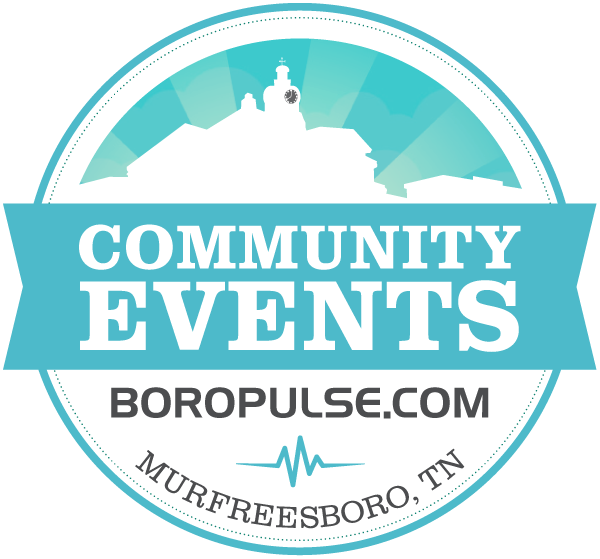
Recently I traveled to the West Coast for a conference, passing through three airports within a matter of hours. People everywhere were focused on some form of technology. It is now commonplace to see these tech-zombies wandering hallways and sidewalks while looking downward and focusing on their smart-devices.
We live in an emerging globalized mobile world of dispersed cloud workers. More than ever we see individuals trading in the traditional office environments for the coffeehouse office, or what is now known as the Coffice. Even I have to admit my assimilation into this mobile 24/7 world, as much of my work is done on the go. In fact, this article was written from a coffeehouse.
If you’ve read any of my work you already know that I am an advocate for flat, agile, open organizational structures which require new attitudes toward work and the humans who produce it. When we think about the realities of a 21st century work environment, we begin to realize that the age of the time-clock is coming to a close. In the United States the idea of an 8-hour work day has been around for nearly 150 years. It has its roots in a labor fight for fairer work conditions, yet it wasn’t until the 1950s that the efforts of labor unions finally succeeded in obtaining a true 8-hour work day.
Now that we are emerging into a knowledge-based economy, we are very much witnessing the decay of the 8-hour work day as it transitions into an on-the-go, flexible work schedule. I would argue that the more creative and innovative a company must be, the less likely it is to have a set standard of hours required for its workforce. I believe the idea of a standard day is melting away before our very eyes. Emerging 21st century organizations are going to need their employees to be in their creative sweet space as much as possible. When we begin to mandate specific times of work and work hours, we begin to hurt the creativity of the new millennial workers.
Flexibility is the key to creating an atmosphere in which each employee can become more excited about where they work and, more importantly, what they are working on. My study of the tech industry has shown that the new knowledge economy outright rejects the idea of the time-clock economics. They don’t operate within the context of a 9-to-5 clock-punching system. As the world becomes more globalized, the need for a flexible cloud-optimized workforce is more evident.
While I very much advocate the emergence of the flexible work day, it is not without its challenges. Work-life balance can be a challenge in a flex-optimized work day. Another question we should ponder sooner than later is related to ethics in the self-led era of the open organization. What is certain is that the way we approach and engage leaders and followers is quickly changing. There are challenges ahead as we transition into the new realities of a distributed cloud-based workforce. Will traditional business schools catch on to the evolution of management into self-leadership? Will B-schools be able to stay relevant in a rapidly changing ecosystem?
Leading the charge for change are, and will continue to be, our millennials. By the year 2025, it is estimated that nearly 75% of all jobs will be held by this generation. One thing is certain: change will happen whether we embrace it or not.












